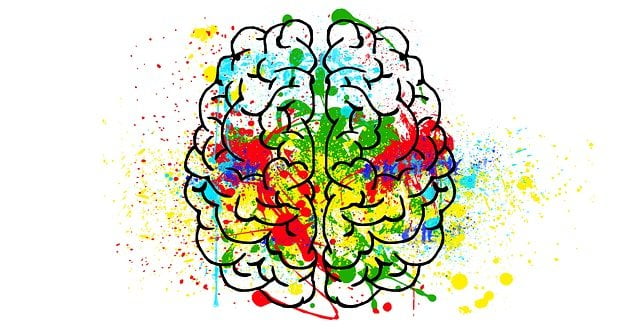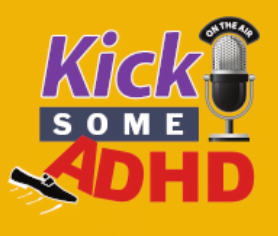
If you’ve heard me say it once, you’ve heard me say it again and again – ADHD is a brain issue.
It’s not about having more willpower or reducing your stubbornness or trying harder. It legitimately involves brain chemistry and neurotransmitters and areas of your mind that even neuroscientists schooled for years in advanced biomolecular chemistry don’t fully understand.
But does that mean you can just give up and not try to understand your brain? Not if you or a loved one has ADHD.
In fact, if you struggle with motivation and attention, it’s imperative that you understand the way your brain works so you can best manage your symptoms and live successfully with ADHD.
Because when you get down into the neurons of it, your ADHD brain isn’t made to be motivated.
We go into this in-depth in the ADHD Success Club, but I wanted to share with you a bit of Brain Chemistry 101 so you had some details and understanding on why it’s important.
[Allow me to reference an article from 2009 about the research conducted at the Brookhaven National Laboratory in the US. It’s an older article but one of my favorites to explain ADHD and the brain. I’ve put the link at the end so you’ll read all the way through BEFORE impulsively clicking away. Pretty sneaky, eh!?!]
Back in 2009, researchers uncovered a clue to what causes ADHD: ADHD patients have lower dopamine (a brain chemical) levels in the areas of the brain that handle motivation and reward.
Why was this breakthrough finding so important? For a number of reasons:
- It shows ADHD is not just a challenge of hyperactivity and impulsivity. ADHD is also a problem of motivation and reward. Previously people viewed ADHD as a fidgety 7-year-old boy or daydreaming teen girl and they didn’t see the lack of motivation as a part of ADHD.
- It supports the use of stimulant medication to treat ADHD since stimulants increase dopamine levels in the brain.
- It gives more fodder to fight the naysayers – those who believe ADHD is an issue of willpower and bad parenting. ADHD is an issue of brain chemistry. Improve the chemistry, improve the brain’s functioning.
- It shines light on why people with ADHD have such wacky motivation systems.
I find being unmotivated is a common, yet overlooked symptom of ADHD; not nearly as well recognized as impulsivity, disorganization and inattention. However, I find being unmotivated causes more problems.
After all, if a person can’t get motivated to take the steps to manage their ADHD and reach their goals, they’ve little chance of improving their situation.
As an ADHD coach, lighting a fire under an unmotivated client is one of the trickiest things I face.
When a client tells me “I want to do it, and I know I should but I just can’t seem to”, I know we need to dig deep and use every tool available to motivate them.
Even worse, people often think lacking motivation to do things they want to do is a failure of personal willpower.
That’s why I feel compelled to continue to share this study with you. We have scientific proof that being unmotivated is an ADHD thing. I realize that doesn’t make it any easier to deal with but, at least now, there is a reason.
Okay, go ahead and click away – You can read about this study here and here.
Motivated to keep learning about your brain on ADHD?
- Sign up for the ADHD Success Club and tune into Module 4: Your Brain on ADHD
- A Day in the Life of an ADHD Brain (Episode #33 of Kick Some ADHD podcast)
- ADHD and Exercise: Find Your Key to Motivation
- How to Stay Motivation When Working Alone with ADHD

 Tired of struggling with ADHD? You’re in the right place. ADHD Success is loaded with free, practical tips to help you get organized, manage your time, and live more easily with Adult ADHD. Like what you read? Sign up for the newsletter now! No Spam. I promise!
Tired of struggling with ADHD? You’re in the right place. ADHD Success is loaded with free, practical tips to help you get organized, manage your time, and live more easily with Adult ADHD. Like what you read? Sign up for the newsletter now! No Spam. I promise!
0 Comments